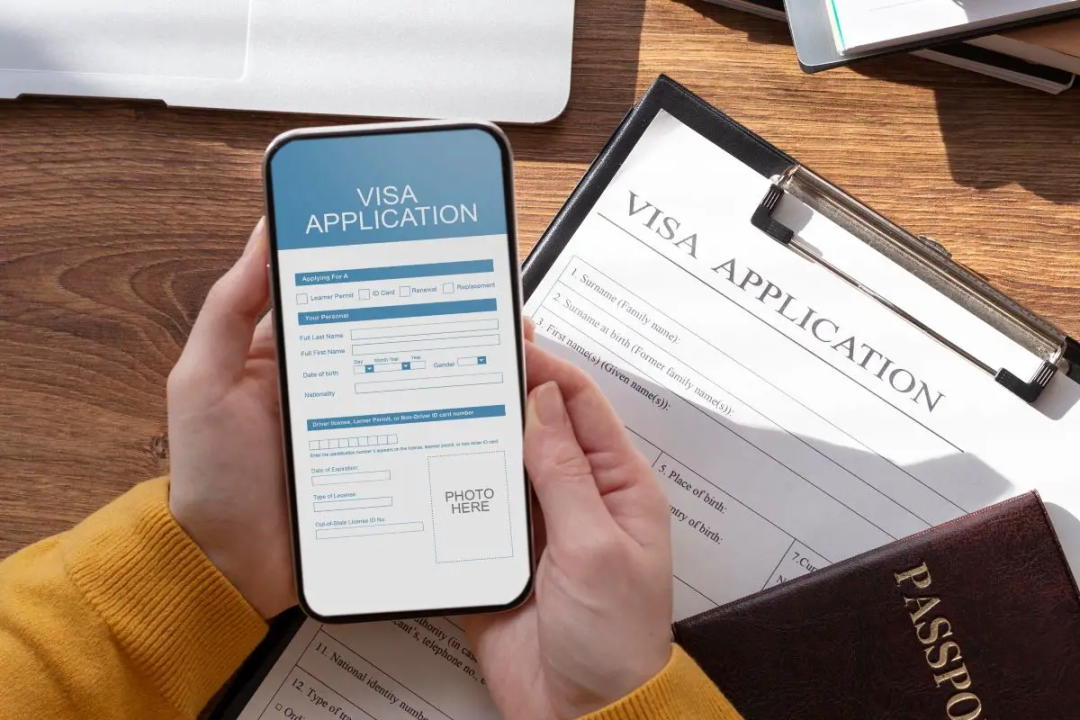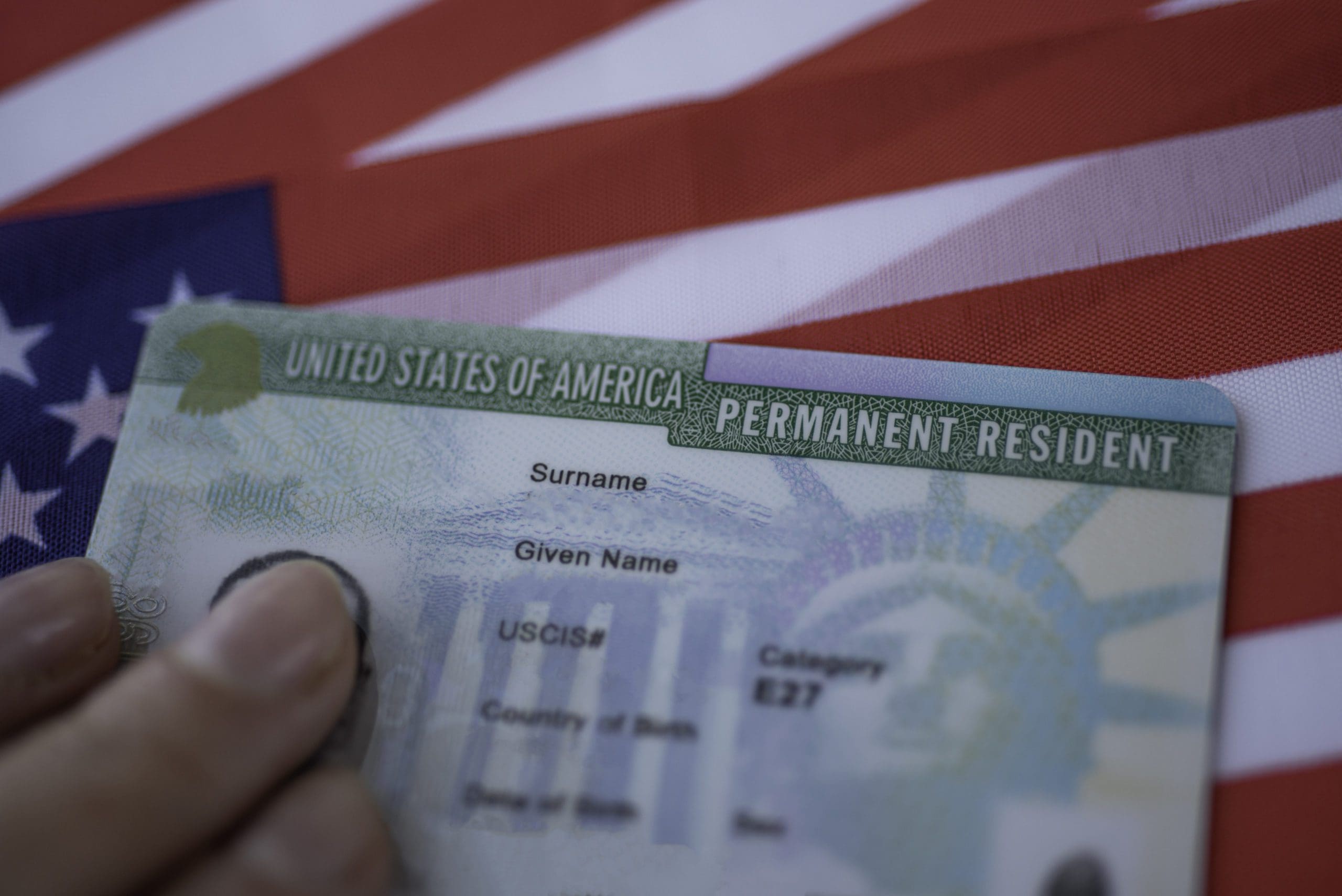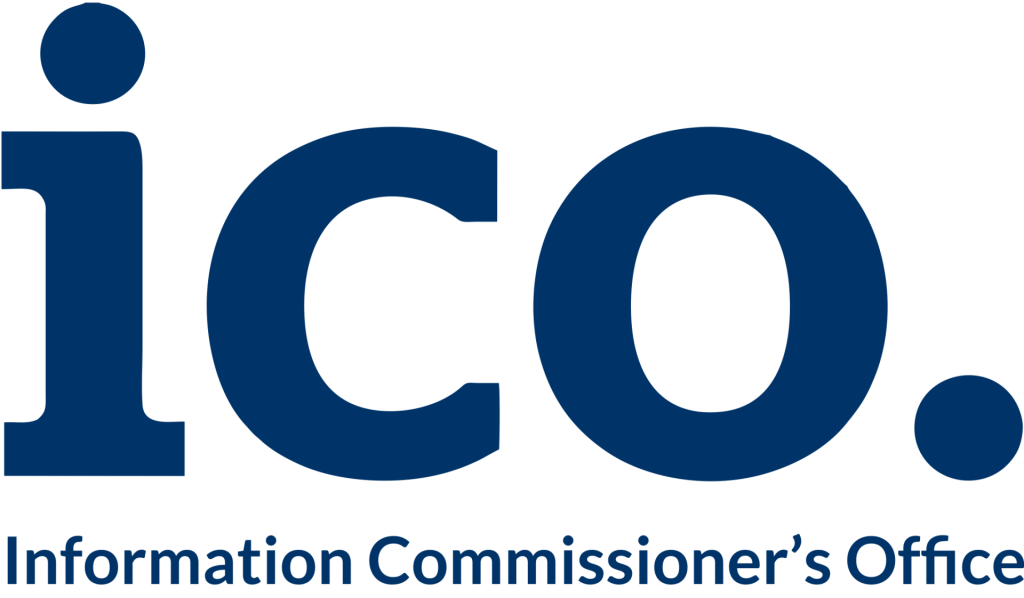Governments are completing their shift to digital-first case management, and applicants who prepare e-ready files move faster. Secure portals, e-signatures, and tamper-evident PDFs are now baseline expectations. Applicants should convert all records to high-resolution, searchable PDFs and maintain consistent filenames. A clean, structured digital dossier reduces officer friction and avoids unnecessary document requests. Automation continues to expand in triaging, completeness checks, and appointment scheduling. Many authorities use rules engines to flag missing data before a human ever views the file. This changes the applicant’s job from “answering questions” to “feeding structured data correctly.” Precision at the form and metadata level becomes a competitive advantage. Status tracking is more transparent, but only for well-formed submissions. Portals display milestones for biometrics, medicals, background, and finalization. Applicants who monitor these checkpoints can resolve issues proactively. Missed portal messages still cause delays, so daily inbox and portal checks are essential.
Payment rails are also modernizing, with verified cards, instant bank transfers, and government e-wallets. Refunds, when allowed, follow automated flows tied to case stage. Keep payment receipts and authorization codes alongside your evidence set. Financial traceability now matters as much as document traceability. Finally, digital interviews and remote verifications are spreading. Video calls may verify identity, work history, or study plans. Test your equipment early and rehearse concise, evidence-backed answers. Treat virtual interviews with the same formality as in-person meetings.


































